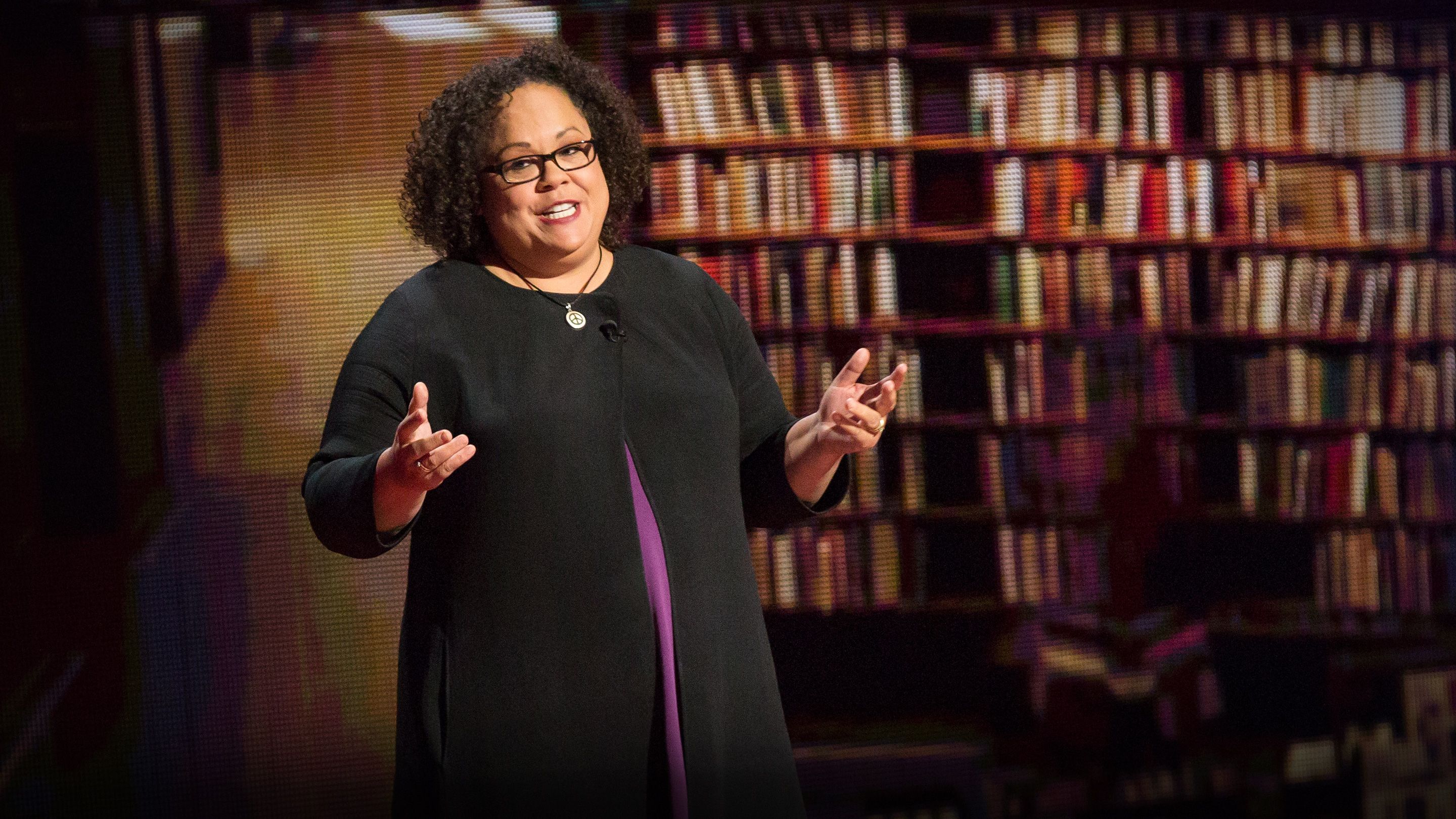How to raise successful kids -- without over-parenting
7,878,099 views |
Julie Lythcott-Haims |
TED Talks Live
• November 2015
By loading kids with high expectations and micromanaging their lives at every turn, parents aren't actually helping. At least, that's how Julie Lythcott-Haims sees it. With passion and wry humor, the former Dean of Freshmen at Stanford makes the case for parents to stop defining their children's success via grades and test scores. Instead, she says, they should focus on providing the oldest idea of all: unconditional love.
